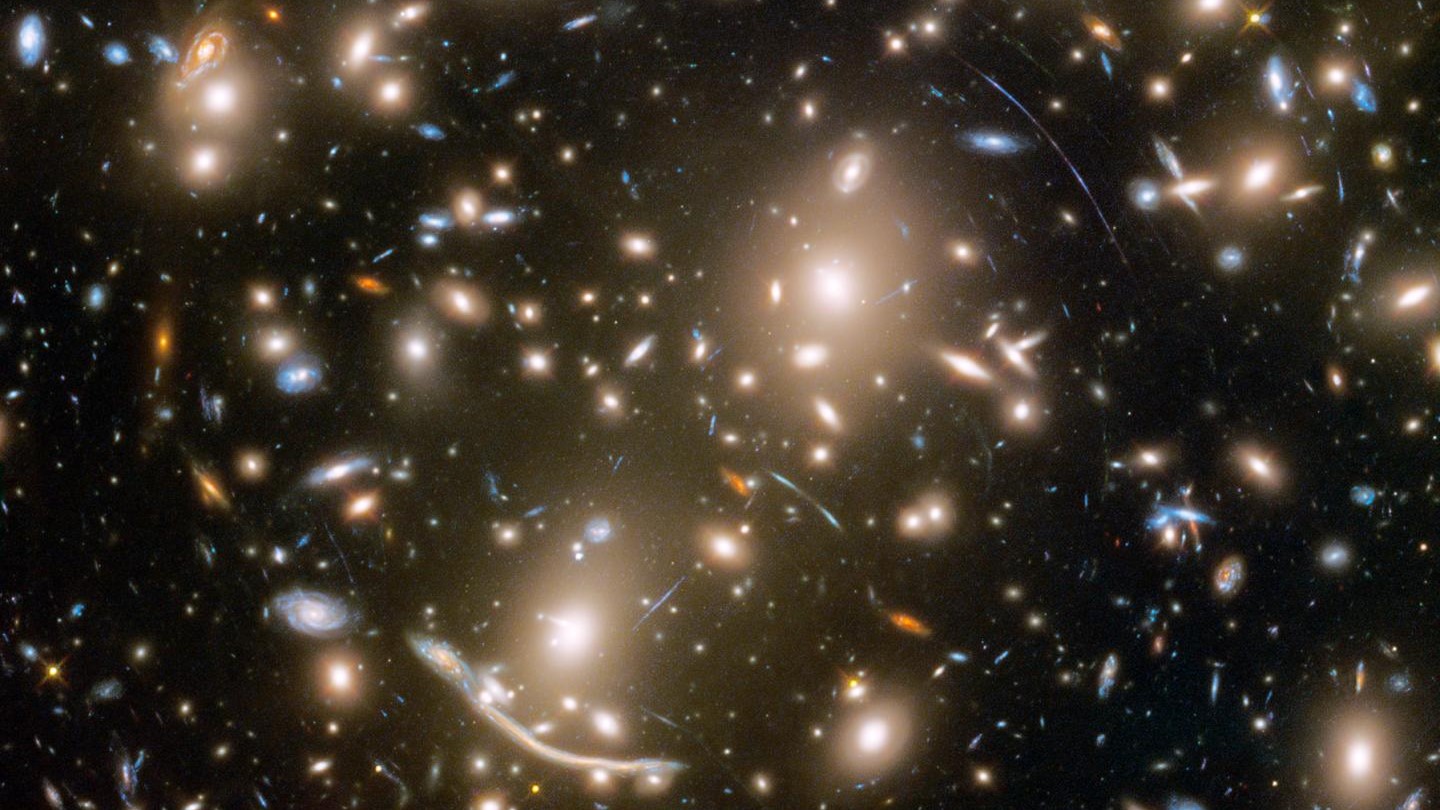
Recent measurements show that the universe’s expansion rate depends on how we measure it: observations of the cosmic microwave background suggest an expansion of about 67 km/s/Mpc, while distance‑ladder measurements using Cepheid variables and Type Ia supernovae return values above 73 km/s/ Mpc. This widening discrepancy, known as the Hubble tension, has become so severe that some astrophysicists now admit our cosmological model might be broken. If our best theory of the universe needs constant patches and still fails to reconcile basic measurements, perhaps the underlying assumption—a universe expanding from a Big Bang—is itself flawed.
Acoustic Gravitic Theory offers a different foundation. It starts with the idea that the cosmos is permeated by an energetic plasma, not empty space. Light and gravity both propagate as waves through this medium. As these waves travel enormous distances, they lose energy and their wavelengths stretch, just as sound fades and drops in pitch as it travels through air. This natural “reddening” of light explains the observed redshift–distance relation without invoking expansion or dark energy; redshift simply measures how much a wave has weakened and lengthened in transit, not how fast a galaxy is racing away.
In this framework, gravity itself emerges from vibrational pressure waves in the plasma. These waves compress matter into nodes, creating stars and galaxies, and the exchange of energy through the medium produces the attractive force we attribute to gravity. Both the formation of cosmic structures and the redshifts of distant light arise from the same wave mechanics. The growing Hubble tension isn’t a puzzle to be “patched” with new particles or fields—it’s a sign that we need to rethink cosmology from the ground up and consider a wave‑based universe shaped by a real, physical medium.
Original Article:
https://www.livescience.com/space/cosmology/our-model-of-cosmology-might-be-broken-new-study-reveals-the-universe-is-expanding-too-fast-for-physics-to-explain
More on Acoustic Gravitic Theory:
https://graviticalchemy.com/what-is-acoustic-gravitic-theory/
I didn’t grow up dreaming about faster phones or better streaming apps. I grew up dreaming about flying cars, anti-gravity belts, and cities in the sky.
That future never came. And I’m done waiting.
If no one else is going to build it, I will. And if you’ve ever felt the same… stick around. This is where it starts.

Why you float in water, but not in air—and how sound may be to blame.
You’re at the beach. You wade out, lie back—and float. Effortlessly. But step back onto land, and suddenly you feel your full weight again.
Why?
Both air and water are fluids—they fill containers, flow around objects, and transmit pressure. So what makes one hold you up and the other let you sink? Most people say density. But that’s not the full story.
Here’s something strange: if you dive about 20 meters deep, that floating stops. Your body starts to sink. Not because the water changed—but because the pressure did. Buoyancy isn’t constant. It depends on how pressure is distributed vertically through the fluid.
What if that’s the real reason we feel weight in air, too?
What if gravity isn’t pulling us down? What if pressure from infrasound waves are pushing down on us—infrasound waves that travel up from the Earth, through the atmosphere, up into space?
This is the idea behind acoustic ...













